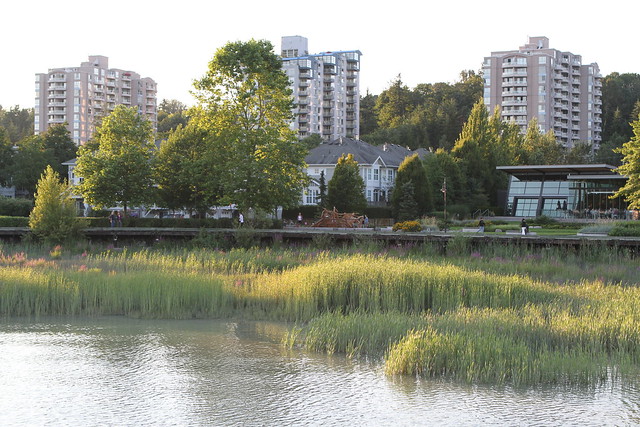
Over the past weeks, Vancouver’s homeless shelters have been over-flowing. In this article Maria Wallstam and Nathan Crompton argue that this year there are no new homeless shelters, despite government claims to the contrary. On the one hand, the few shelters planned to open this week are the same ones forcibly closed down last spring, when the Province made the empty promise to regularize funding for the shelters. On the other hand, there are fewer available spaces than last year, while the housing crisis becomes worse than ever before. In addressing “the politics of Vancouver’s shelters” — and the mutually beneficial publicity fights that break out between the city and the province at the beginning of each shelter season — this article reveals why the city and the province cynically do not want to see the regularization of shelter funding. -ML
Last night, just like the previous night, every shelter in Vancouver was full. Yet again Central Shelter, First United, Lookout, New Fountain, Belkin House, Crosswalk, Triage, Yukon, were each filled to maximum capacity. First United, Vancouver’s largest shelter and the city’s “shelter of last resort” has been turning away hundreds of people since last week.
Over the past years, First United church has sheltered up to 300 people each night and is the last place where a person without housing goes when turned away from all other shelters. But last week the building was hit with a city-enforced occupancy limit of 240. The by-law forced First United to turn away dozens of people and triggered, for the third year in a row, a publicity battle between the provincial government and the city. Like last year and the year before, the disagreement was only a disagreement on the surface, concealing the repeated formula that garners support for both for the city and the province.
On the province’s side, the formula is simple: each winter Minister Rich Coleman refuses to re-open shelter spaces closed down at the end of the previous winter, while at the same time threatening to withdraw funding for existing shelters like First United. In place of lost shelters, the province opens a handful of scattered ‘new’ shelter beds, while maintaining that the remaining shortfall will be filled in with new housing opened under the arrangement to build fourteen sites of social housing. None of these supposedly new housing spaces are new at all, since the desperately-needed fourteen sites were supposed to be completed by 2001 in some cases, and December 2009 at the latest. Neither is it the case that the shelters can be considered new, since they should not have been closed the previous spring in the first place.
Each time the shelters close and open there is ritual infighting between parties of the 1% — Vision and the BC Liberals. We have to consider why the city is so willing to play this seasonal political game. The answer is complicated but also simple, because shelter closures represent the only time of the year when the city can give an on-the-ground appearance of fighting against homelessness. In a brief but highly publicized pause on the city’s harsh neoliberal housing agenda, shelter closures provide a window for Gregor Robertson and Vision to play devil’s advocate.
All too willingly, Minister Coleman performed his side by giving the appearance of a dispute: “We seldom ever hear ‘thank you,’ and we seldom ever hear ‘we’re working with you.’” The truth is that ever since the election of Vision in 2008, the housing issues that matter to people’s lives — tenancy legislation, rent controls, tax cuts, the demolition of social housing, years-long delays of promised social housing — have been marked by consensus and a “tight bond” between the province and the city. The two sides have collaborated on making the situation worse: the province has done nothing to compensate for its decade freeze on the construction of housing, while the city has ramped-up gentrification and displacement in areas with the highest existing stocks of low-income housing.
The city’s criticism of the province’s foot-dragging is pretend, ending with, “Big thanks to the Minister and the Premier for coming through in the crunch here and making sure that we have adequate beds to meet the needs.” The fact is that there will not be adequate beds. Gregor Robertson knows that as well as the service providers and the people living on the streets.
Just as it happened last spring, the shelters will be 100% full on the day they are scheduled to close. And just as last spring, too, Vision and the Mayor will be equally willing to arrest those who refuse to move into the streets when those shelters close. Far from failing to thank the province, the city is the unquestioningly loyal enforcement arm of the housing crisis, using the police to guard empty buildings, criminalizing the poor every day, and — in lieu of housing — putting people in jail.



